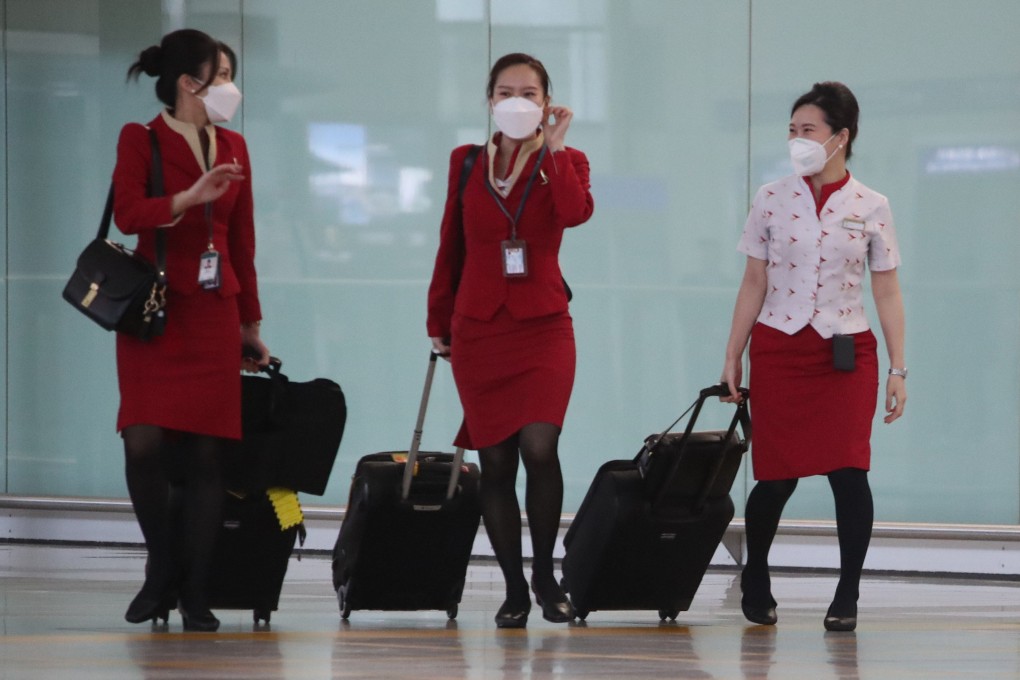Advertisement
Letters | Cathay Pacific doesn’t deserve eye-rolling for seeking to rehire ex-staff
- Readers discuss Cathay Pacific’s offer to rehire former staff, Japan’s decision to welcome back tourists, safety standards among lifeguards and the delayed reopening of public pools
4-MIN READ4-MIN
3

Feel strongly about these letters, or any other aspects of the news? Share your views by emailing us your Letter to the Editor at [email protected] or filling in this Google form. Submissions should not exceed 400 words, and must include your full name and address, plus a phone number for verification.
Cathay Pacific seems to be damned if it does and damned if it doesn’t.
It is incredible that as the company seeks to rehire cabin crew previously laid off, some feel the action is insincere. When the pandemic hit, CEO Augustus Tang made an emotional statement on October 21, 2020, clearly pained by the decision the company had to take to remain viable and by the impact of job losses on individuals. No one could have predicted that the pandemic would last so long or cut so deep.
Advertisement
As global aviation recovers, Cathay Pacific has not forgotten its commitment to former staff and should be commended for reaching out to them and inviting them back to be part of the recovery of the airline and of Hong Kong.
Mark Peaker, The Peak
Japan is ready to accept tourists, Covid-19 and all
I refer to the letter “Why Japan has come round to welcoming Hongkongers vaccinated with Sinovac” (May 28). When analysing the reasons for Japan’s change of heart, most people will focus on the economic angle; Japan is looking at a severely weakened yen and Chinese tourists will stimulate the stagnant economy. I agree with this point.
Advertisement
Select Voice
Select Speed
1.00x